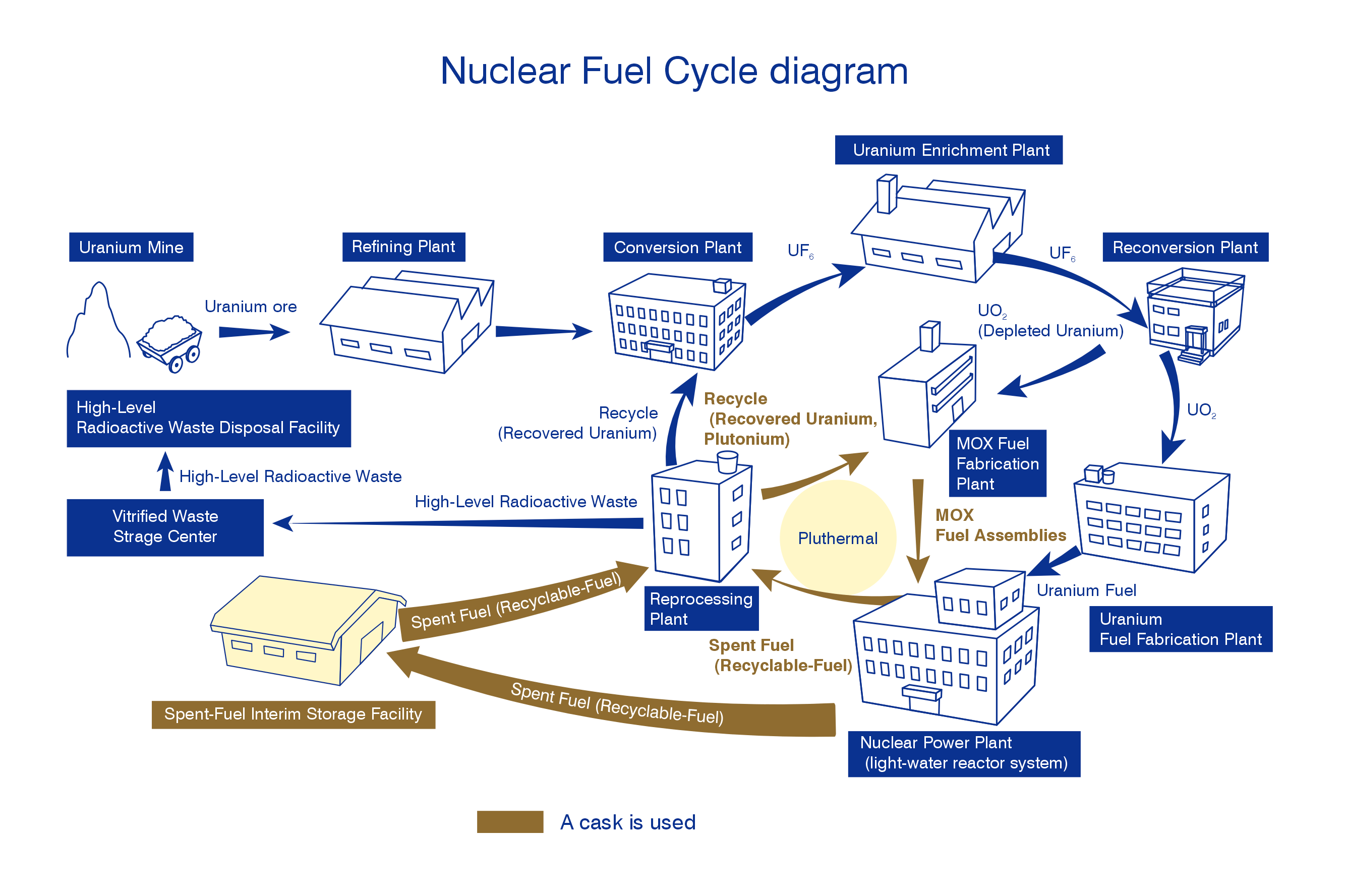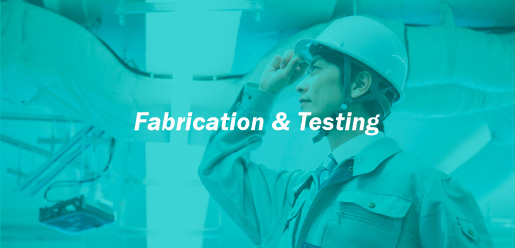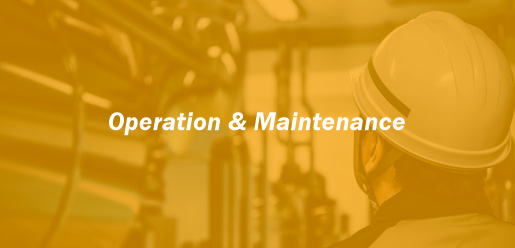TOTAL CASK ENGINEERING
OCL CORPORATION
Role of ”Cask” in Japan’s Nuclear Fuel Cycle
- Benefits of Japan’s Nuclear Fuel Cycle
- Japan is very poor in terms of natural resources, relying on imports for more than 90% of its primary energy resources. The uranium used in nuclear power generation also depends on imports, but because its reserves are dispersed around the world, it is considered an energy source with better supply stability than oil resources.
- Furthermore, reprocessed uranium and plutonium from spent fuel can be reused at nuclear power plants as semi-domestic energy resources.
- In addition, the volume of high-level radioactive waste is reduced to about one-fourth by reprocessing spent fuel compared to direct disposal, so the area of the disposal facility can be greatly reduced.
- Role of ”Cask” in Nuclear Fuel Cycle
- Spent fuel radiates strong radiation and heat because it contains radioactive material produced during uranium fission in a nuclear reactor. Prior to transportation, spent fuel undergoes a cooling process in water pools at nuclear power plants over a set period which is designed to decrease the radioactivity and decay heat. Then, transport casks for spent fuels protectively confine such contents. The casks are designed to shield radiation, remove heat and prevent nuclear criticality. These capabilities are bolstered by their extreme heavy-duty construction, with a weight of between 70 to 100 tons.
- Casks are an important item for the safe and efficient realization of Japan's nuclear fuel cycle because they are used not only for transport from nuclear power plants to reprocessing plants, but also for transport and storage to interim storage facilities or for the transport of MOX fuel after reprocessing.

Total Cask Engineering
Our Business
Since our establishment, we have owned six HZ-75T type casks that were the first put into practical use in Japan, and have engaged in leasing them to Japan’s electric power companies. We have accumulated technology as a ”TOTAL CASK ENGINEERING” company through operations such as ”research/study, design/analysis, fabrication control, maintenance management.”
We provide accumulated total cask engineering by proven achievements and experience, and will continue to contribute to the safe transportation of spent fuels.
Since the need for casks that are used as interim storage and MOX fuel transport is increasing domestically, we will work on the development of related casks and handling tools.
We will improve our technical capabilities and continue to contribute to realize a safe and efficient nuclear fuel cycle.

 Research/Study
Research/Study

